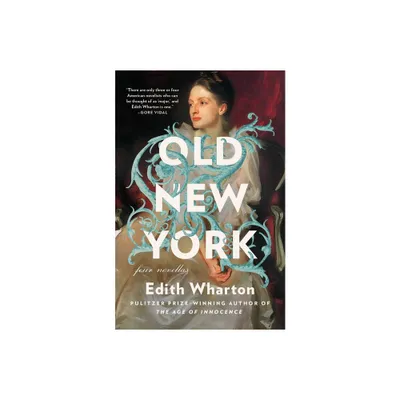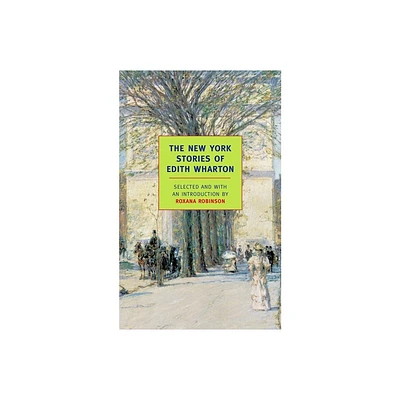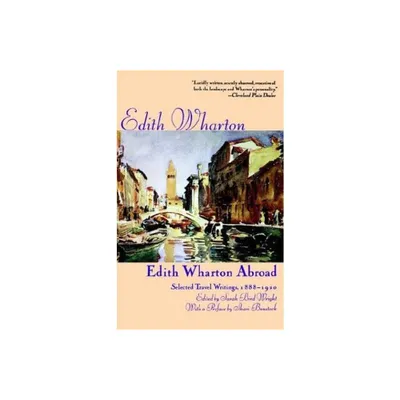Home
Edith Wharton's The Age of Innocence: New Centenary Essays
Loading Inventory...
Barnes and Noble
Edith Wharton's The Age of Innocence: New Centenary Essays
Current price: $150.00


Barnes and Noble
Edith Wharton's The Age of Innocence: New Centenary Essays
Current price: $150.00
Loading Inventory...
Size: Hardcover
*Product Information may vary - to confirm product availability, pricing, and additional information please contact Barnes and Noble
Following the publication of
The Age of Innocence
in 1920,
Edith Wharton became the first woman to win the Pulitzer Prize. To mark 100 years since the book's first publication,
Edith Wharton's
: New Centenary Essays
brings together leading scholars to explore cutting-edge critical approaches to Wharton's most popular novel. Re-visiting the text through a wide range of contemporary critical perspectives, this book considers theories of mind and affect, digital humanities and media studies; narrational form; innocence and scandal; and the experience of reading the novel in the late twentieth century as the child of refugees. With an introduction by editor Arielle Zibrak that connects the 1920 novel to the sociocultural climate of 2020, this collection both celebrates and offers stimulating critical insights into this landmark novel of modern American literature
The Age of Innocence
in 1920,
Edith Wharton became the first woman to win the Pulitzer Prize. To mark 100 years since the book's first publication,
Edith Wharton's
: New Centenary Essays
brings together leading scholars to explore cutting-edge critical approaches to Wharton's most popular novel. Re-visiting the text through a wide range of contemporary critical perspectives, this book considers theories of mind and affect, digital humanities and media studies; narrational form; innocence and scandal; and the experience of reading the novel in the late twentieth century as the child of refugees. With an introduction by editor Arielle Zibrak that connects the 1920 novel to the sociocultural climate of 2020, this collection both celebrates and offers stimulating critical insights into this landmark novel of modern American literature

















